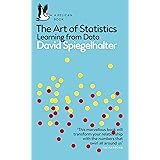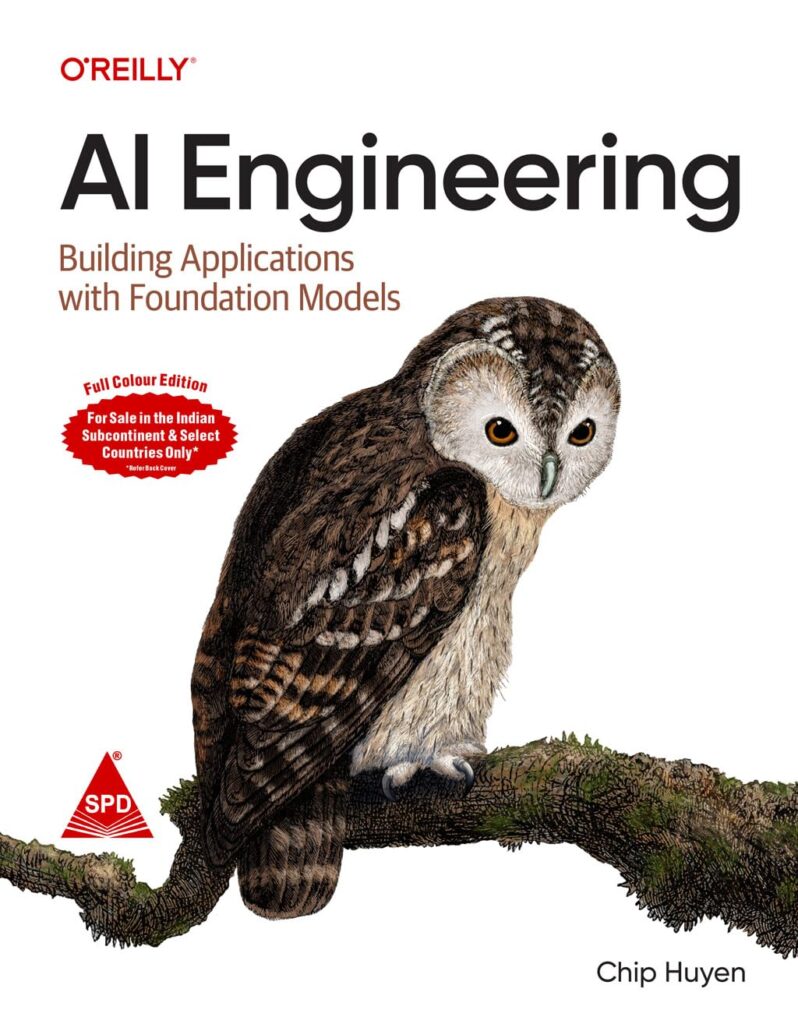Is Data Science a Dying Profession?
Is Data Science a Dying Profession?, Some of the articles discussed ML engineers will take the position of data scientists in the future years.
The majority of businesses, according to some of the recent articles, used data science to address very similar business issues. As a result, data scientists wouldn’t need to devise brand-new techniques for resolving issues.
Recent articles state that in the majority of data-driven enterprises, only fundamental data science knowledge was needed to tackle issues.
A machine learning engineer, who is familiar with data science algorithms and has experience installing ML models, may readily take over this position.
Data science is described as a “dying field” that will soon be supplanted by positions like data engineering and ML operations in some articles, while it is described as being replaced by tools like AutoML in others.
Descriptive statistics vs Inferential statistics: Guide – Data Science Tutorials
In light of our experience working closely with many data industry pillars, We’d like to share our thoughts on the matter and respond to the following queries:
Will there still be a need for data scientists in the upcoming years, or is the field in decline?
Will data scientists lose their jobs due to automated tools?
Is data science oversaturated, and will emerging job categories soon take their place?
Do businesses find data scientists to be profitable? What value do they provide to businesses?
Do We Need Data Scientists?
The workflow for data science is quite consistent across most firms. To address related business issues, several organizations employ data scientists. The majority of the models created don’t call any creative thinking on your part.
You can find inspiration from the vast amount of internet resources for the majority of the ways you will employ to solve data-driven problems at these firms.
Predictive modeling has become much simpler as a result of the development of automated technologies like AutoML and DataRobot.
We find DataRobot to be a really useful tool for several corporate use-cases. In order to produce the most highly accurate model possible, it iterates through a wide range of values and selects the ideal parameters for your model.
Why then do businesses still need data scientists if predictive modeling has become simpler over time?
Why don’t they just handle their entire data science workflow using a combination of automated technologies and ML engineers?
The solution is easy:
First off, data science has never been about creating novel algorithms or reinventing the wheel.
A data scientist’s job is to use data to improve an organization. And just a very small percentage of this in most businesses entails creating machine learning algorithms.
Statistical test assumptions and requirements – Data Science Tutorials
Second, issues that cannot be resolved by automated technologies will always exist.
You can only choose from a predetermined selection of algorithms with these tools, thus you will have to tackle any problems that call for a combination of methods manually.
Although it doesn’t happen frequently, it still does, so as a company you need to select individuals who are qualified to handle this.
Additionally, data pre-processing and other labor-intensive tasks that come before model development are not possible with tools like DataRobot.
A Person’s Touch
Typically, you are given a dataset and a business challenge. You must determine how to use client data to the company’s advantage in order to increase sales.
This implies that a data scientist needs more than simply technical and modeling skills. You must make a connection between the data and the current issue.
You must choose the outside data sources that will help you optimize your solution.
Data pre-processing takes time and effort since, in addition to requiring excellent programming skills, you must experiment with various variables and determine which ones are relevant to the current challenge.
You must link a statistic like conversion rate to the model accuracy.
The approach doesn’t necessarily involve creating models. To complete a task like a customer ranking, sometimes a straightforward computation is all that is necessary.
Only a small percentage of problems require you to really make a forecast.
The ability to apply data to practical use cases is ultimately what gives a data scientist value to a business.
There is no actual benefit to a company from developing a segmentation model, a recommendation system, or assessing client potential unless the results are understandable.
Best Books About Data Analytics – Data Science Tutorials
Summary
The position of data scientist will endure as long as one can use data to solve issues and fill the gap between technical and business skills.
Have you liked this article? If you could email it to a friend or share it on Facebook, Twitter, or Linked In, would be eternally grateful.
Please remember to share and comment below.





